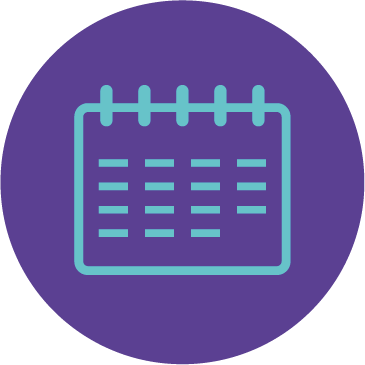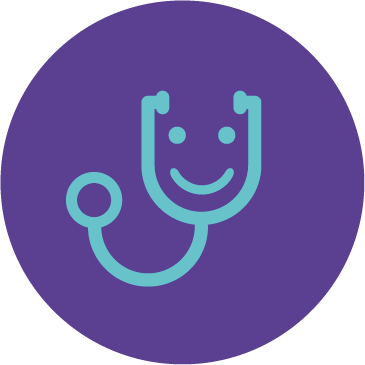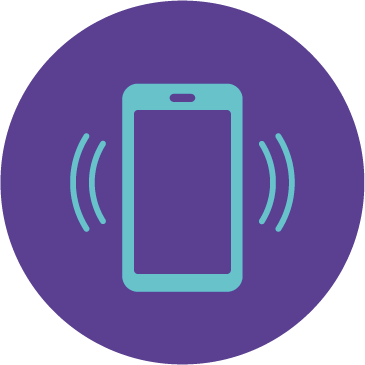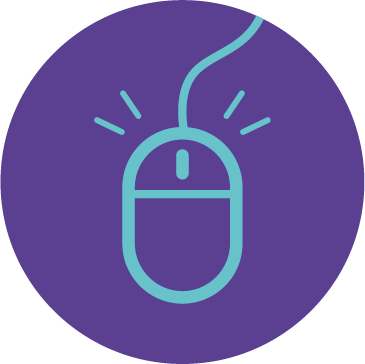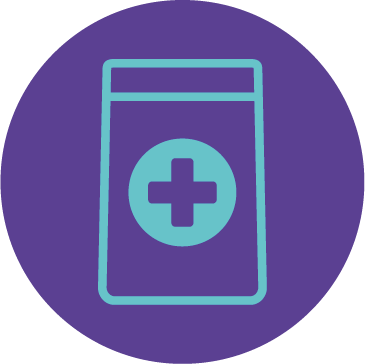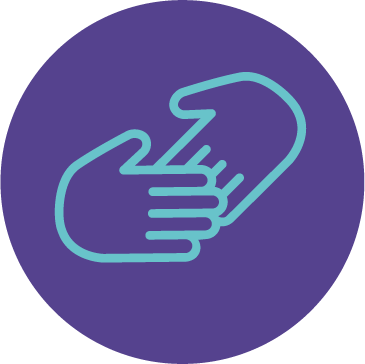
Bronchiolitis
Bronchiolitis is an infection of the small airways of the lungs known as bronchioles. It usually affects babies and is often caused by respiratory syncytial virus (RSV). Almost all children will have had an infection caused by RSV by the time they are two years old. It is most common in the winter months. Usually it only causes mild ‘cold-like’ symptoms. Some children, especially very young ones, can have more severe symptoms and may need treatment in hospital. Sometimes other viruses can cause bronchiolitis.
Symptoms of Bronchiolitis
- Runny nose
- Coughing
- Fever
- Wheezing
- Difficulty breathing
- Difficulty feeding
Most children with bronchiolitis will seem to worsen during the first 1 to 3 days of illness before beginning to improve over the next few weeks. There is no specific treatment for bronchiolitis, and most children manage with self-care at home. Reassuringly most children get better within about two weeks but the cough can persist for up to 6 weeks. Your child can go back to nursery as soon as they are well enough (feeding normally and with no breathing difficulties).
Call 999 or go to A&E if your child:
- Is having difficulty breathing – you may notice grunting noises or their tummy sucking under their ribs
- Is having pauses when they breathe
- Has skin, tongue or lips that have turned blue
- Is floppy and will not wake up or stay awake
Dr Barnes (paediatrician from York Hospital) has done a really useful video explaining more here.
In the winter months your child might get more illnesses, and your family might need different kinds of support - this NHS Healthier Together website shares a lot of useful resources.

